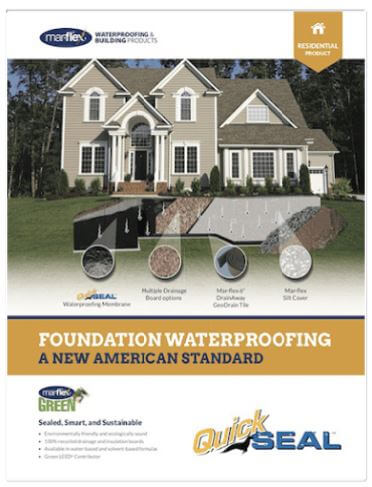
When building a new home, it can be tempting to cut corners and save money wherever possible. However, one area where you should never skimp is basement waterproofing. Waterproofing your basement is essential for protecting your home and preventing water damage. In this blog post, we’ll explain why it’s important to invest in high-quality waterproofing for your basement.
Prevents Water Damage
The most obvious reason to waterproof your basement is to prevent water damage. Water can seep into your basement through cracks in the foundation or walls, causing damage to the structure and any items stored in the basement. This can lead to mold growth, electrical problems, and other hazards. Waterproofing your basement prevents water from entering, protecting your home and your belongings.
Saves Money in the Long Run
While it may seem like a good idea to save money on waterproofing during the construction of your home, it can actually end up costing you more in the long run. If water damage occurs due to inadequate waterproofing, it can be expensive to repair. Additionally, water damage can decrease the value of your home, making it harder to sell in the future. By investing in high-quality waterproofing during the construction of your home, you can save money on costly repairs and protect the value of your home.
Protects Your Health
Water damage can lead to mold growth, which can have serious health consequences. Exposure to mold can cause respiratory problems, allergies, and other health issues. Waterproofing your basement helps to prevent mold growth, protecting the health of you and your family.
Increases Your Home’s Value
Investing in high-quality basement waterproofing can increase the value of your home. Potential buyers are often willing to pay more for a home that has a waterproofed basement because it means that the home is protected from water damage. Additionally, a waterproofed basement can make your home more attractive to potential buyers, as they will be less likely to have to deal with water-related issues in the future.
In conclusion, waterproofing your basement is essential for protecting your home and preventing water damage. While it may be tempting to save money on waterproofing during the construction of your home, it’s important to invest in high-quality waterproofing to avoid costly repairs in the future, protect your health, and increase the value of your home. Don’t go cheap on basement waterproofing – it’s an investment that will pay off in the long run.









